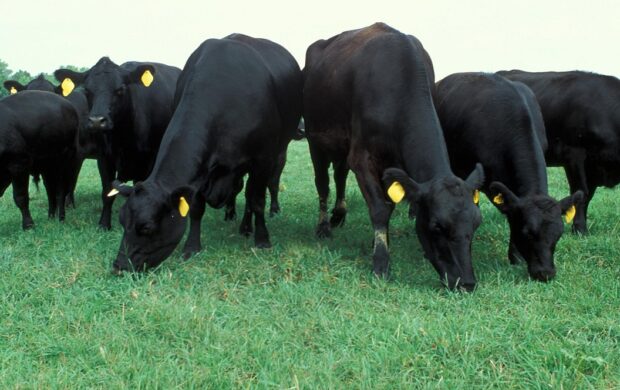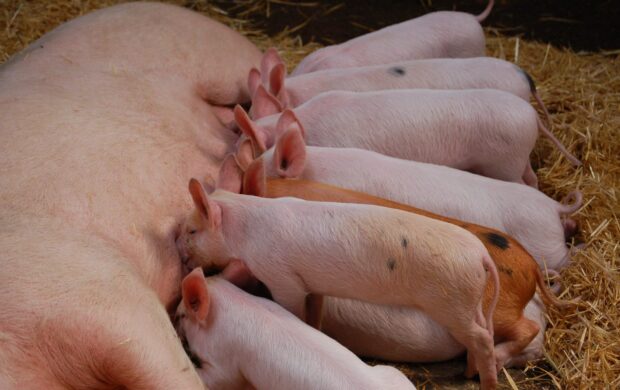How can we replenish soil nutrients lost through years of intensive agriculture? The industrial approach of chemical fertilizer application does not address the underlying problem of a weak soil ecosystem that has become too unhealthy to provide goods and services for its beneficiaries. More natural, restorative approaches like composting are challenging at scale, while leaving land fallow can take more than 7 years – too long to leave arable land unproductive and meet the needs of our growing human population.

VRM Biologik believes it has a solution. Using biological soil amendments, the company applies humus and a consortium of bacteria – essential, neglected players in the soil ecosystem – to restore degraded soils. Through bacterial photosynthesis, bacteria capture unwanted organic wastes and use them to build energy and water, and restore carbon to the soil. Tests show that this solution begins to restore soil health immediately, and can completely transform degraded land into productive soil in a maximum of 5 year.




